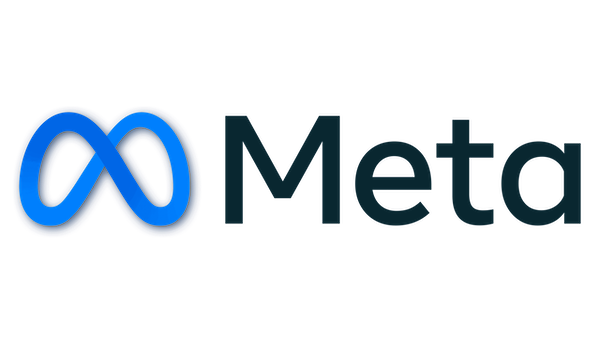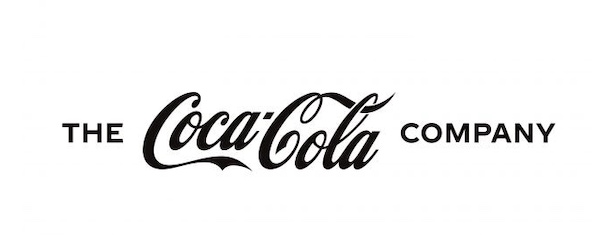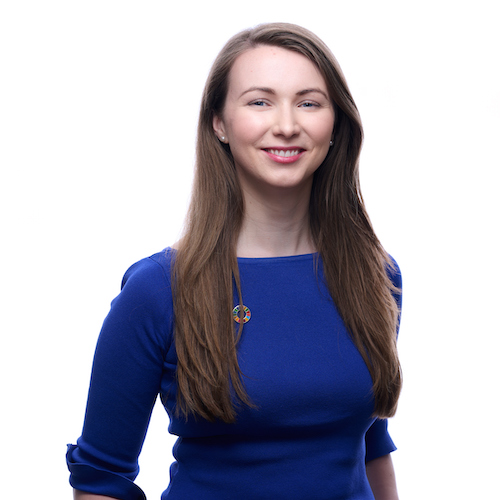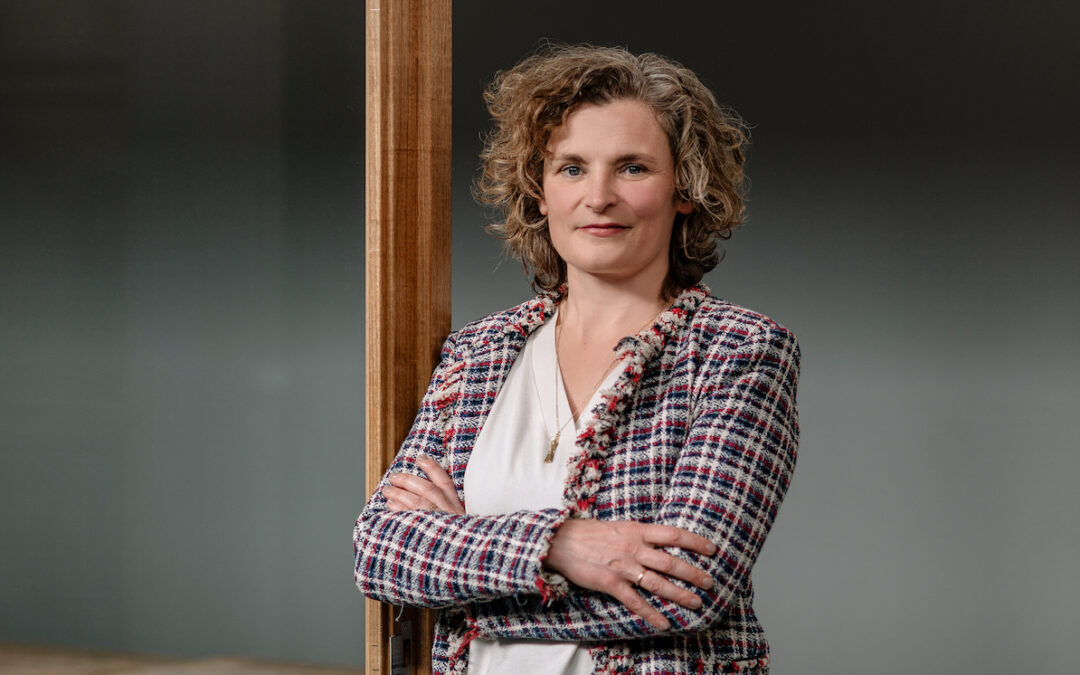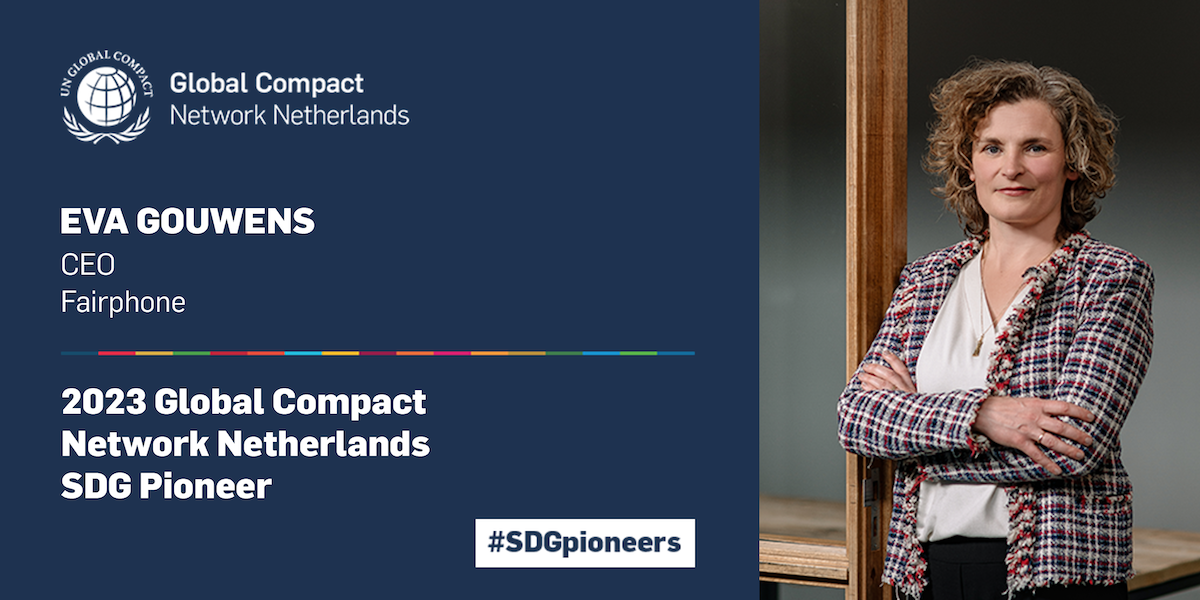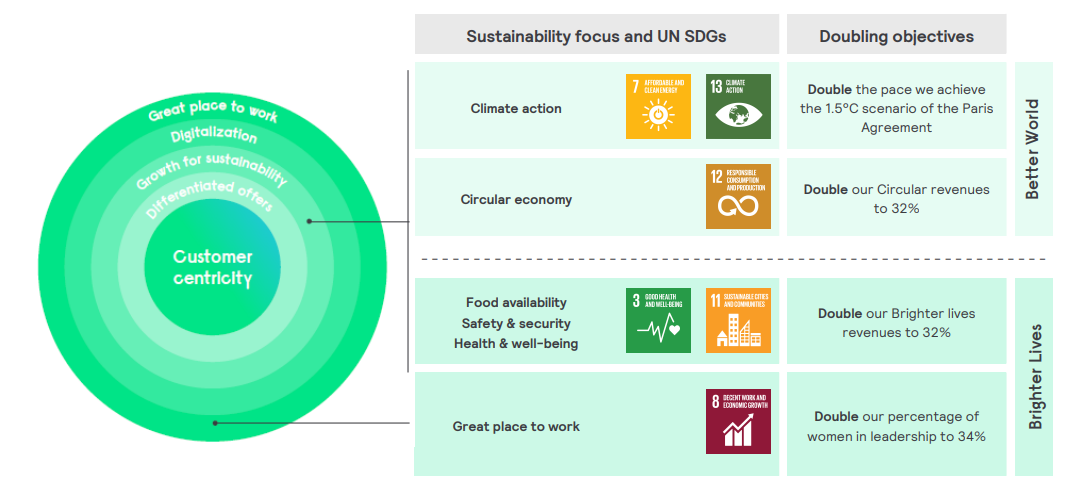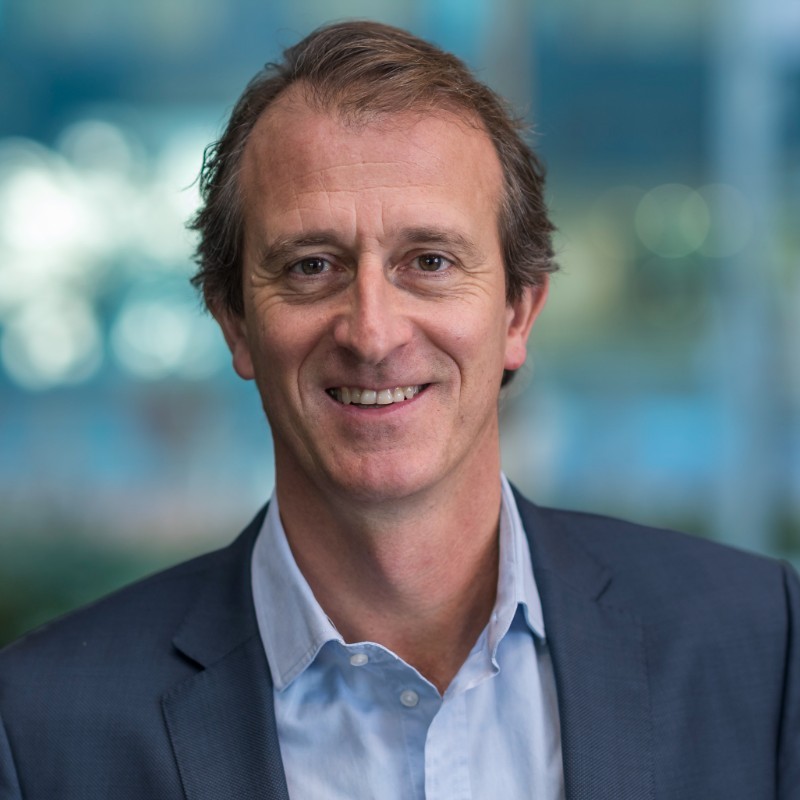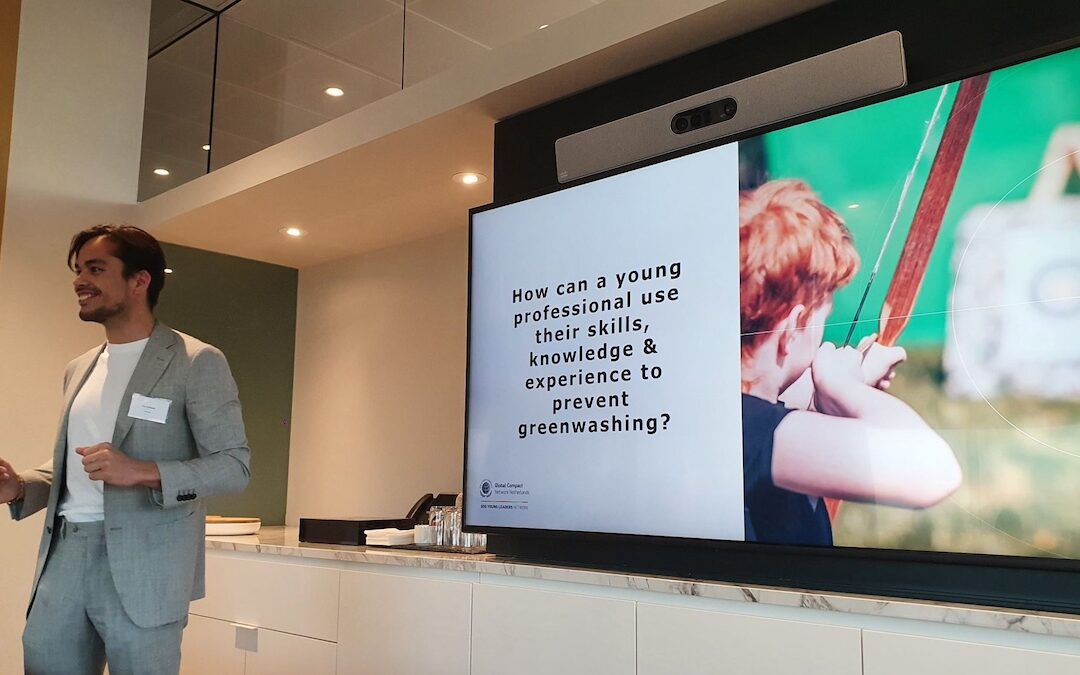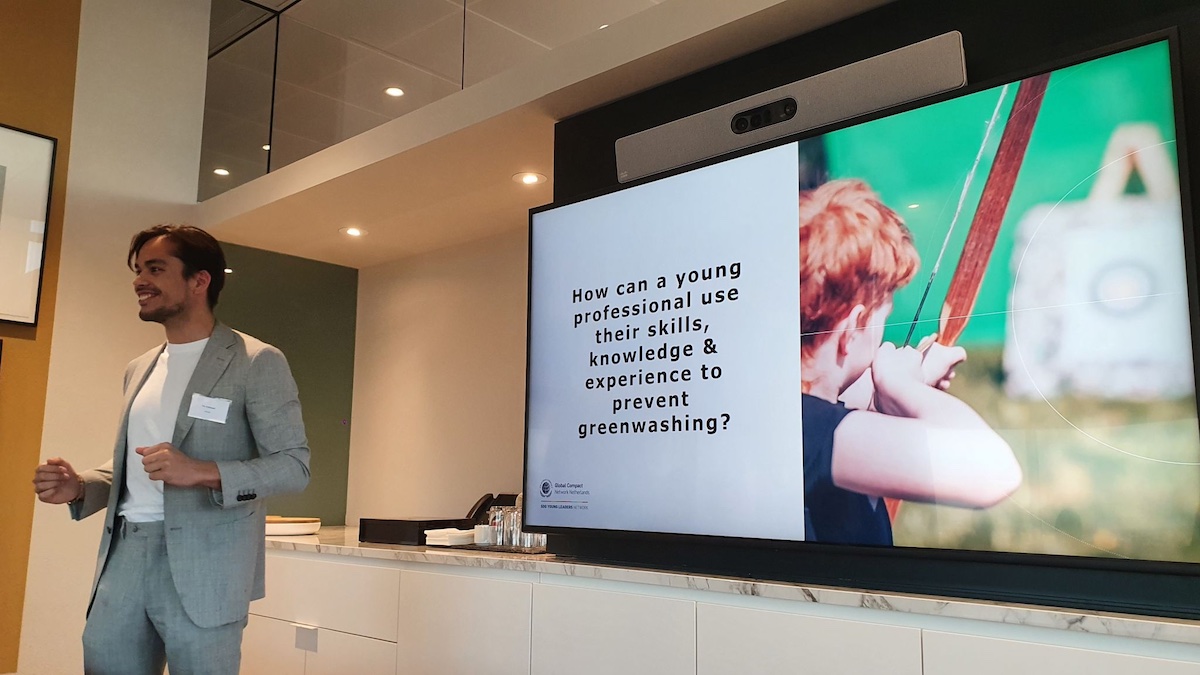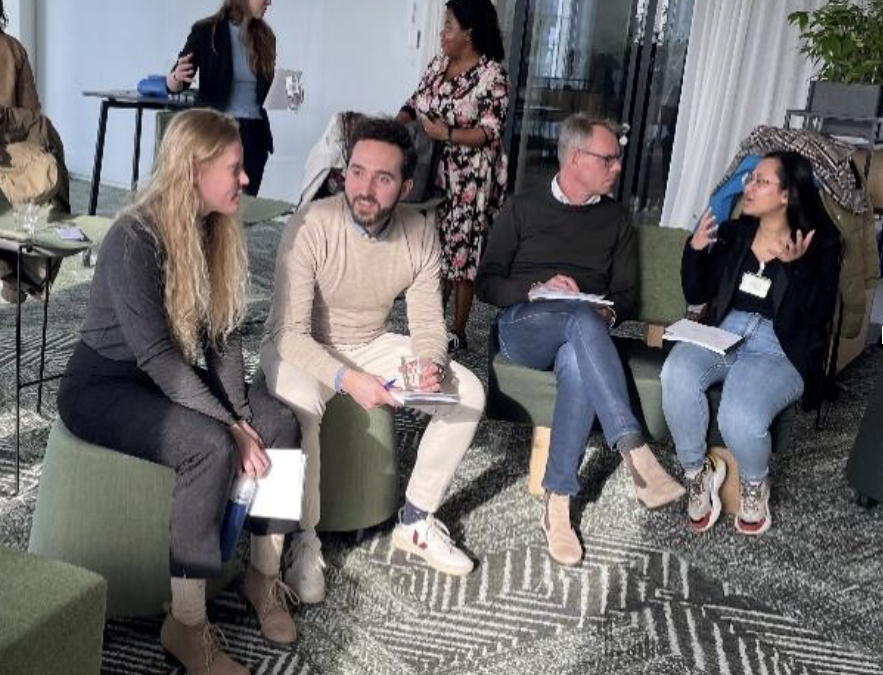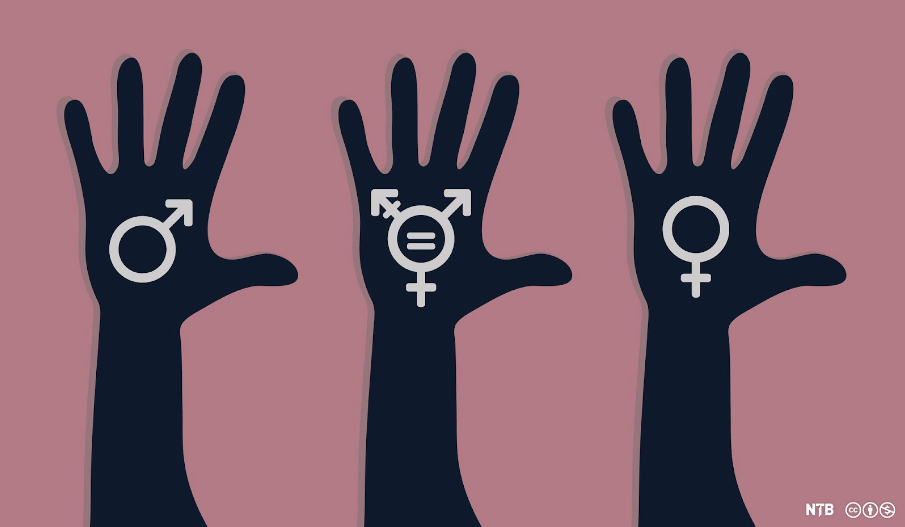
Inclusive Marketing & Communications
This year, UN Global Compact NL is piloting two peer learning groups, one on Gender Equality and one on Climate Action. The goal is for the participating companies to learn more about these important topics, dig into the challenges that they are facing, and exchange best practices. This blog captures our companies’ peer learning journey.
For our fifth gender equality session, we dove into the complexities of digital ethics and the power of inclusive language. The session was hosted by co-leads Deloitte and Oxycom and brought together voices from 9 companies across various sectors. Here’s a glimpse into the key takeaways and the enriching discussions that unfolded.
Companies who want inclusive marketing must consider Digital Ethics
Hilary Richters, Director and Lead Digital Ethics at Deloitte, explained that digital ethics is a necessary contribution in creating inclusive digital solutions. The EU’s impending Artificial Intelligence (AI) Act will regulate the use of technology affecting human rights. However, Hilary emphasized that companies should not only adhere to regulations, but proactively choose ethical practices throughout the digital solutions life cycle.
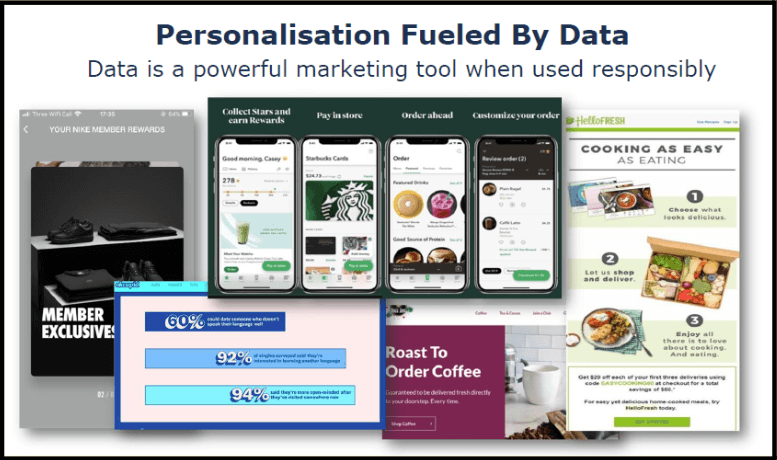
One example of how companies can do this is by carefully considering the benefits and risks of using customers’ data for personalized marketing. For instance, if a customer indicates they like pink items, they might appreciate receiving ads for pink shoes. However, companies can also inadvertently harm a customer – for instance, this article describes how Target deduced that a customer was pregnant and sent coupons for baby items to their home – causing their father to find out without their consent. As research by Deloitte and Ahold Delhaize notes, the key here is that companies understand and respect their customers’ expectations around how their data will be used.
After the presentation, participants discussed a case to explore the dynamics of sharing personal data for rewards. This sparked thought-provoking questions about the importance of companies’ motives behind such initiatives and their considerations to make these inclusive.
Inclusive language: the power of words
Karen Lampe, Diversity Equity & Inclusion Lead at Deloitte, explained that inclusive language aims to avoid biases and expressions that discriminate against groups of people based on race, gender, gender expressions or socioeconomic status. She presented five tips for using inclusive language:
- Use gender-neutral language to avoid assuming a person’s gender (e.g., Chairperson instead of Chairman)
- Avoid derogatory terms, including words that are now considered offensive (e.g., words such as ‘crazy’, ‘lame’, or ‘retarded’)
- Use person-first language (e.g., people with a disability instead of a disabled person)
- Avoid assumptions
- Be respectful and listen – give space to others when they share words or phrases that they find harmful, and give space to adjust.

During a break-out discussion, participants shared their experiences with language that made them feel included or excluded. One mentioned example was the interchangeable use of the words ‘female’ and ‘women’. The term ‘female’ refers to someone’s biological sex and can exclude people who are trans, intersex or identify themselves as women and are biologically born otherwise. Therefore, we must strive to use the more inclusive term ‘women’ where possible (e.g., women employees rather than female employees).
Another example is using saying ‘hi team’ instead of the commonly used ‘hi guys’ when addressing groups of people with diverse genders. Important here is to help people understand why some language might lead to a less inclusive environment, and give people space to adjust. Companies can also check out UN Global Compact’s Gender-Inclusive Language Toolkit.
The session showcased the power of collective learning and reflection, as well as the importance of individuals’ and companies’ commitment to create inclusive marketing and communications.
The final session of this year will be on January 18 on the topic of Male Allyship. Interested to join? Email holton@unglobalcompact.nl.




